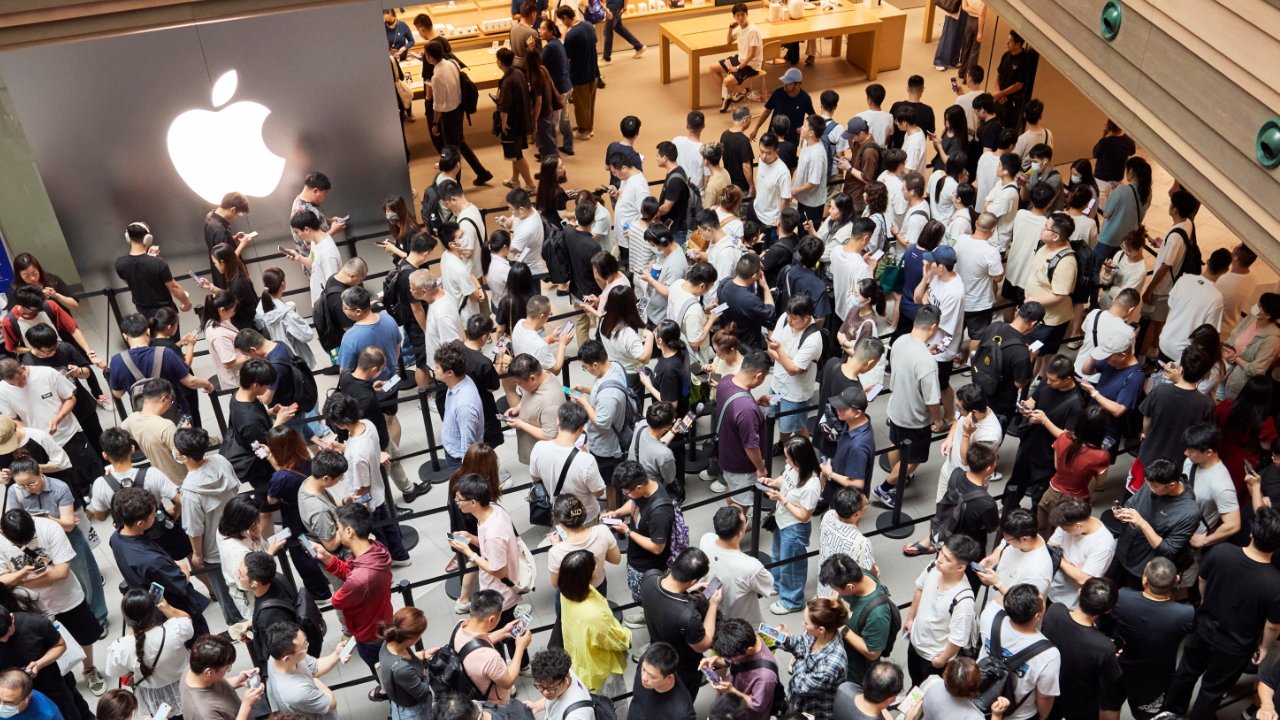Apple Inc. has experienced a significant decline in its stock value over the past three consecutive trading days, primarily due to escalating tariff tensions initiated by President Donald Trump’s administration. On April 2, 2025, prior to the tariff announcement, Apple’s shares were trading at $223.89. Following the announcement, the stock plummeted by 7.5% overnight, closing at $181.46 on April 7, 2025. This decline reflects the broader market’s reaction to the administration’s aggressive trade policies.
The tariffs, which have been imposed on a wide range of imports, have particularly impacted technology companies like Apple that rely heavily on global supply chains. Apple’s dependence on Chinese manufacturing makes it especially vulnerable to these tariffs. Analysts have expressed concerns that the increased costs due to tariffs could lead to higher prices for consumers and potentially reduce demand for Apple’s products. For instance, some estimates suggest that iPhone prices could surge dramatically, with a fully-loaded iPhone 16 Pro Max potentially costing over $2,300. This scenario could result in a significant drop in demand, with estimates ranging from 8 million to 10 million fewer devices sold.
The broader market has also been affected by these developments. The S&P 500 index, which was at 5670.97 prior to the tariff announcement, dropped to 4998.32 by noon on April 7, 2025, marking a 1.46% decline. This downturn has led to concerns about a potential bear market, defined by a 20% drop in stock values. The technology sector, in particular, has been hit hard, with companies like Tesla, Alphabet, and Microsoft also experiencing significant losses.
In response to these challenges, Apple has been exploring strategies to mitigate the impact of tariffs. The company has been considering shifting some of its manufacturing to countries like India, Vietnam, and Malaysia. However, such transitions are complex and time-consuming, and it’s uncertain how much they would alleviate the financial strain caused by the tariffs. Additionally, Apple has announced a $500 billion investment in the U.S., including new facilities in Houston, Austin, and Arizona, in an apparent effort to strengthen its domestic presence and mitigate tariff impacts.
The situation remains fluid, with the potential for further tariff increases and retaliatory measures from affected countries. Investors and consumers alike are closely monitoring developments, as the ongoing trade tensions have significant implications for global markets and the technology industry.



